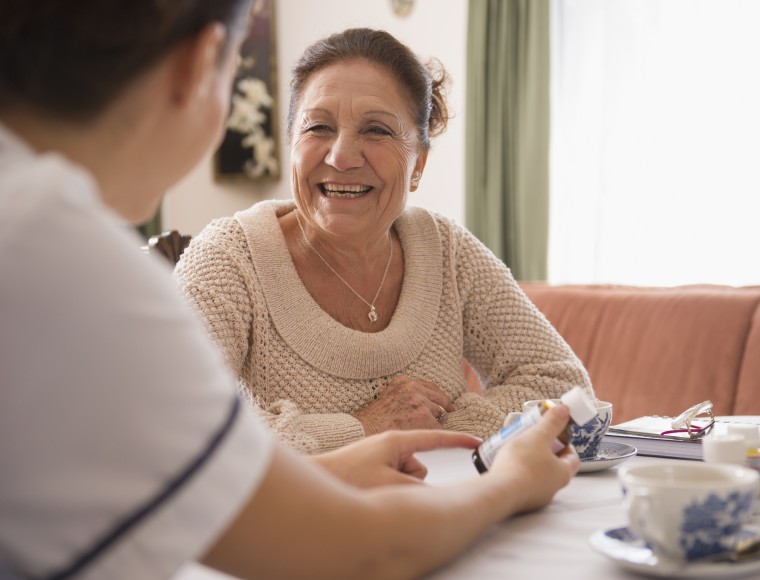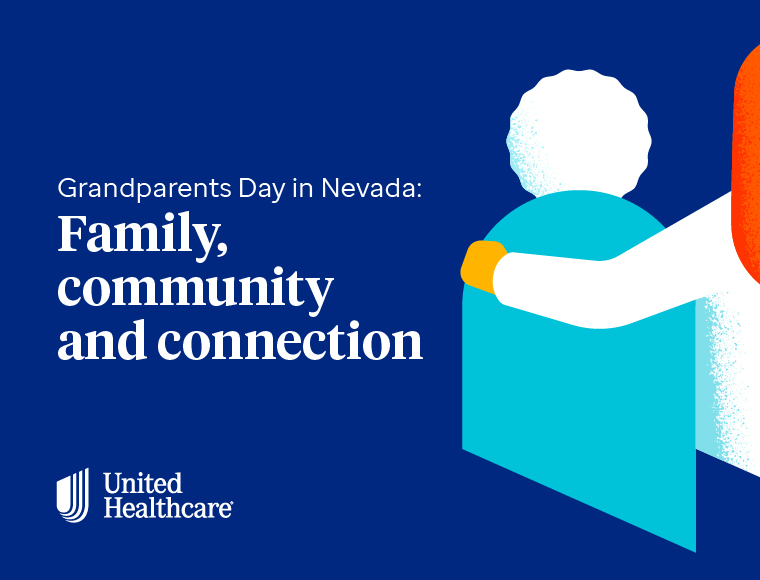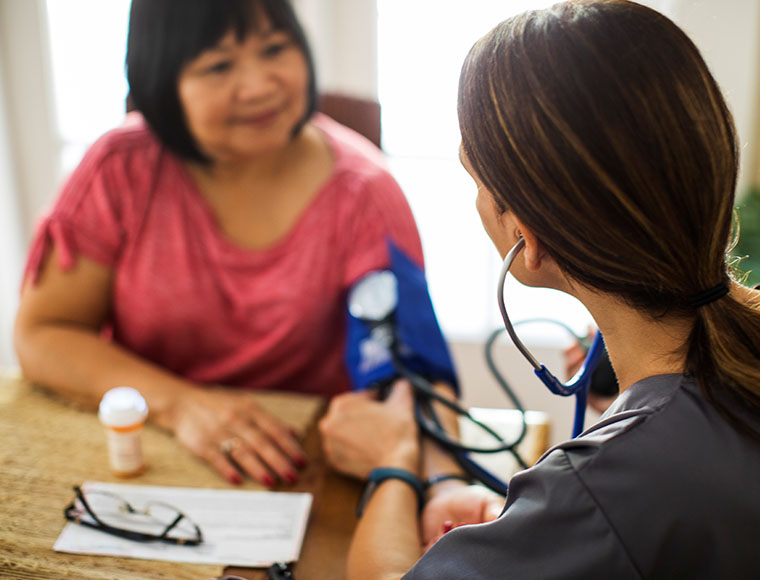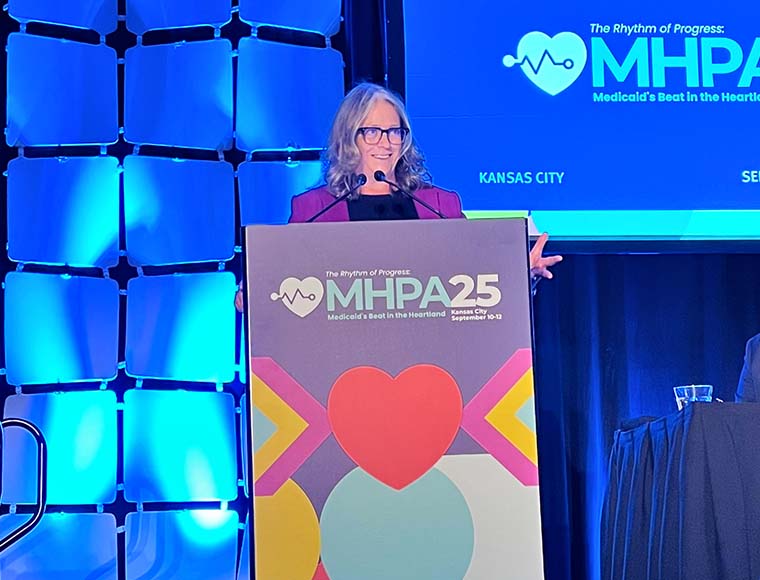Devan Seawright, MSHCD is Senior Medicaid Program Manager for Health Plan of Nevada and Jennifer Wilken, BSN, MSN, MBA is Manager of Disease Management and Health Education & Wellness, Health Plan of Nevada.
Diabetes is an epidemic in the United States, with over 37 million Americans affected, according to the Centers for Disease Control and Prevention.1
Between 1999 and 2014, the risk for death in Medicaid beneficiaries with diabetes increased by nearly 70% in older adults diagnosed with malnutrition versus those without nutrition deficiencies.2
Diabetes also takes a financial toll on Medicaid budgets. The cost to cover people with diabetes is approximately 2.3 times higher than the cost to cover those who do not have diabetes.3
To address this health concern, Health Plan of Nevada, a UnitedHealthcare Company, has partnered with Mom’s Meals to provide diabetes-friendly meals that may help improve and stabilize the health of adult Medicaid members with uncontrolled type 2 and type 1 diabetes. The program offers home-delivered, pre-made meals that are tailored to help meet nutritional needs and maintain blood sugar control for our members.
The program successfully builds strong member engagement, works to improve A1C levels and reduces health care spending.
The effects of uncontrolled diabetes
Diabetes is considered uncontrolled when A1C is above 9.4 Many members in the program started with an A1C as high as 12-14. From an individual perspective, when diabetes is uncontrolled, it can impact the eyes and instigate macular degeneration. It can also result in amputation, cardiovascular disease, stroke and heart attack.5
Reducing A1C blood sugar levels to 8 is a goal for most members, and achieving a level below 9 is a vast improvement from 12, 13 or 14.
In terms of the greater health system, one out of every three health care dollars is spent on complications of diabetes. 43% of hospital costs are associated with diabetes.6
A meal delivery program driving health equity forward
The program currently receives about 150 referrals a month and starts with a no-cost discussion with a registered nurse about diabetes.
These calls help build relationships with our members. When a member feels comfortable and trusts their nurse coach, they’re more likely to open up about contributing factors or barriers such as food insecurity. They are also more likely to feel comfortable discussing what can be done to sustain results after program completion. This enables nurses to provide resources before the end of the Mom’s Meals program and remove food insecurity worry.
For many Medicaid members, diabetes self-management can fall to the bottom of the daily priority list, especially when the member is experiencing other social factors such as finding transportation to a grocery store.
Many of our Medicaid members live in food-insecure areas. When asked, participants said they ate fast food or gas station items quite often, and fresh fruits and vegetables were not easily accessible.
A Mom’s Meals success story
Since its inception, the Mom’s Meals program has proven to be successful. In 2020, we started a one year pilot program with Mom’s Meals. Our partnership program targeted Medicaid members with a primary diagnosis of uncontrolled type 2 diabetes. The members participated in disease management counseling for 4 weeks followed by a daily meal delivery program for 8 weeks. Members engaged with a registered nurse once per week for the full 12 weeks.
At the start of our pilot program:
- The average A1C level was 10.86
- The average age was 48
- 60% of participants were female
- 36% of individuals enrolled were Black, 26% were white and 22% were Hispanic
After 12 weeks, the program had helped our members’ health improve through:
- Reduced average of A1C levels to 8.96, a 17.5% average reduction
- Increased disease management nurse touchpoints
- Increased prescription drug spend by 27%, indicating medication adherence
- Reduced net cost of care by 22%
- Lowered acute inpatient costs and observational stay costs by 82% and 44%, respectively
Members also reported improved mental state, self-management and motivation, and portion control.
Many members also reported a newfound understanding of what a healthy, portion-controlled meal looks like. Several noted being used to larger portions, but reported feeling full and satisfied after consuming their Mom's Meals prepared meals. The program also allows members to try a variety of new fruits and vegetables and learn ways of preparing foods that they had never tried before.
Given the success of the pilot program, we have extended our partnership with Mom’s Meals and broadened the program to include members with uncontrolled type 1 diabetes.
The Mom’s Meals program improved health for our Medicaid members in Nevada, and health equity by increasing access to healthy foods for those living in food insecure areas. The service is now growing to meet the needs of members in other states as well.
Sources
- Centers for Disease Control and Prevention. National Diabetes Statistics Report website. https://www.cdc.gov/diabetes/data/statistics-report/index.html. Accessed November 2022.
- Ahmed N, et al. BMJ Open Diabetes Res Care. 2018;doi:10.1136/bmjdrc-2017-000471
- American Diabetes Association. Economic Costs of Diabetes in the U.S. in 2017. https://diabetesjournals.org/care/article/41/5/917/36518/Economic-Costs-of-Diabetes-in-the-U-S-in-2017. Accessed November 2022.
- Healthcare Effectiveness Data and Information Set (HEDIS®) Measurement Year (MY) 2022, Volume 2. Accessed November 2022.
- American Diabetes Association. Standards of Medical Care in Diabetes — 2022. Accessed November 2022.
- American Diabetes Association. Economic Costs of Diabetes in the U.S. in 2017. https://diabetesjournals.org/care/article/41/5/917/36518/Economic-Costs-of-Diabetes-in-the-U-S-in-2017. Accessed November 2022.











